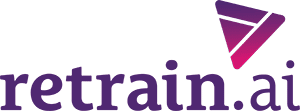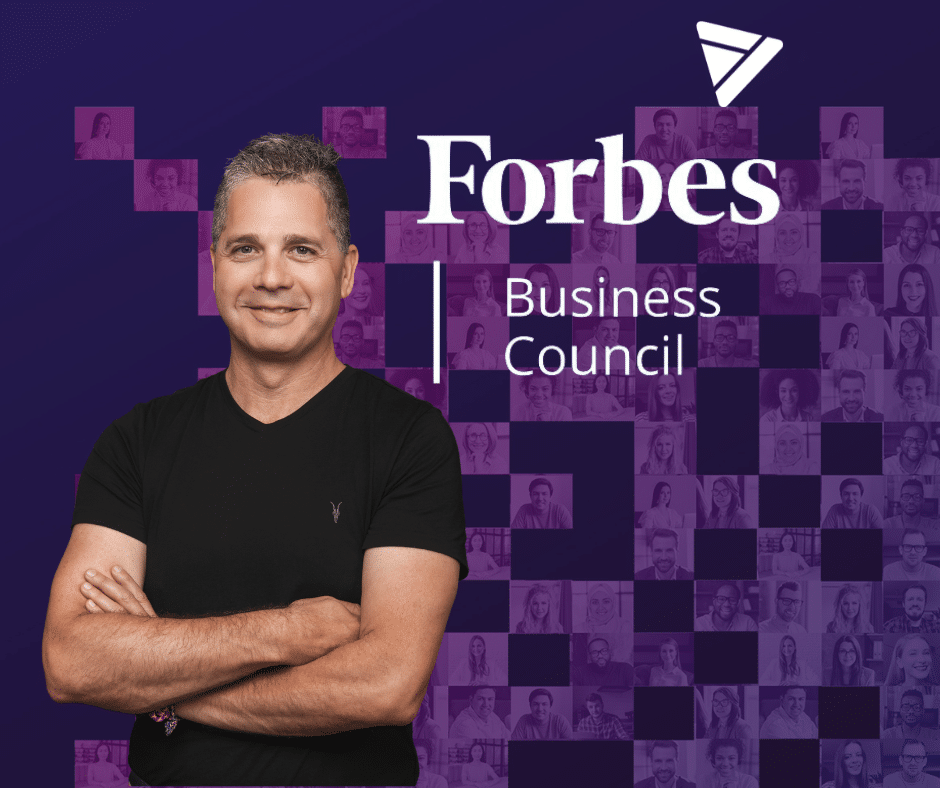Global spending on digitization is expected to reach 1.8 trillion USD in 2022, and, unsurprisingly, is projected to grow continuously for the foreseeable future.
As digitization increases, AI is becoming more ubiquitous across industries, with use cases from IT to HR. Leading enterprises have already recognized the value with AI driven organizations projected to gain a staggering $1.2 trillion annual advantage over their competitors.
As enterprises accelerate their adoption of AI solutions, many new jobs are emerging as a result. Within HR, CHROs, VPs and Directors are now expected to also become technologists. Today’s HR innovators are embracing the role and responsibilities of “the technologist”, already seeing the critical value in data transparency and actionable insights. At the top of their solution list is Talent Intelligence.
Talent Intelligence Platforms have been on the market for more than a decade but have rapidly grown in adoption over the last three years. Designed to integrate with existing HR solutions, Talent Intelligence leverages AI to analyze internal organizational data as well as external publicly available labor market data to generate critical and actionable visibility into an enterprise’s workforce.
In a recent podcast by The Josh Bersin Company, Josh Bersin shared, “It isn’t enough to to know the turnover rate in different parts of the company, you’re going to want to know the skills gaps, demographics of workers in different parts of the company, who’s progressing and who’s not and why, which teams are effective and which aren’t….and all of that data is floating around in multiple systems.” He concluded, “If you don’t have talent intelligence you won’t know what you’re missing.”
In short, Talent Intelligence separates the leaders from the laggards.
Looking Forward
As Josh Bersin called out above, it is not enough to only know the “what”, HR leaders need to know the “why” and the “how”. For instance, Talent Intelligence solutions are designed to identify unequal outcomes in hiring practices, call out critical trends in attrition rates and at-risk roles, as well as unearth the unidentified hard and soft skills employees have today and cross-reference against market data to generate the skills they’ll need for the future.
Adoption of AI based Talent Intelligence solutions is the next wave in HR’s evolution. Early adopters will see fast success and set the bar for the HR industry’s future best practices. While the creation of AI is complex, the use of AI is extraordinarily simple. HR leaders quickly benefit from easy implementation, user friendly interfaces and the practical, actionable implications of consolidating previously scattered data.










